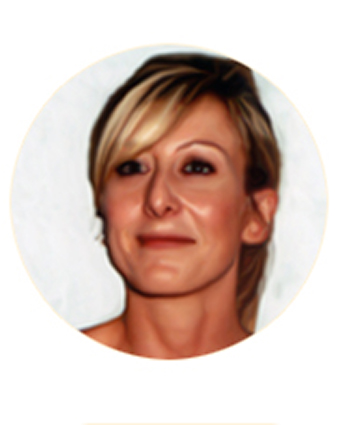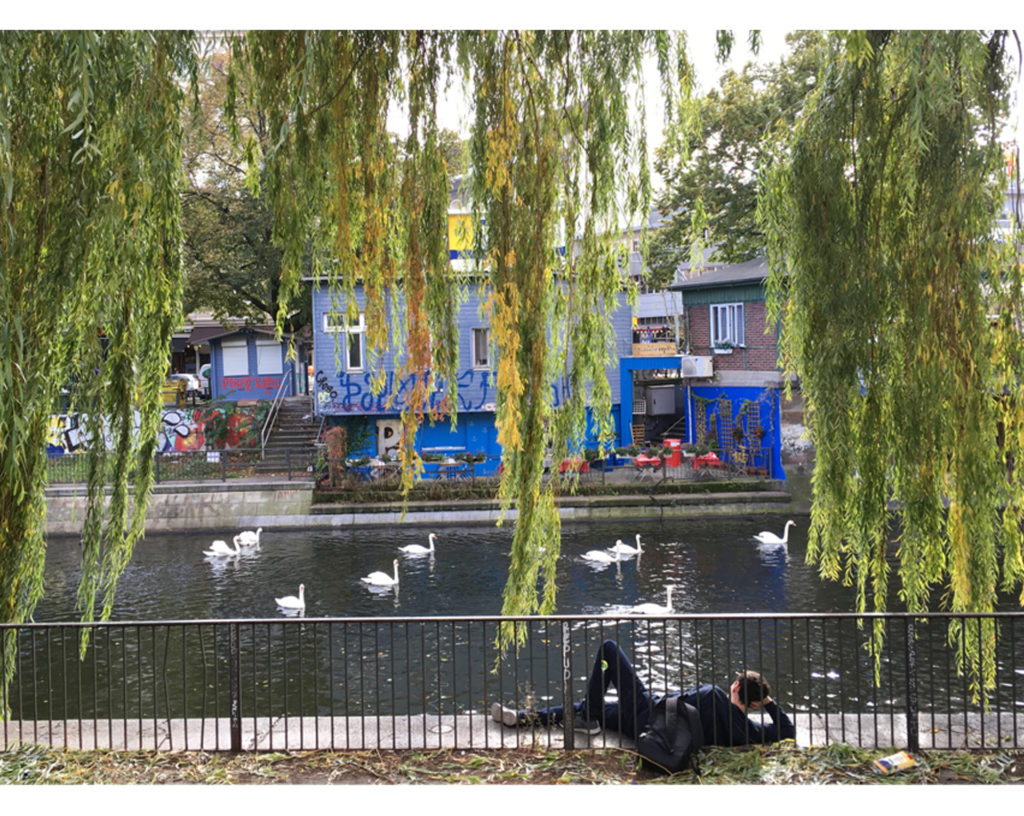
Antonella Radicchi
Architect and Urbanist, PhD
HUSH CITY MOBILE LAB
DESCRIPTION
The Hush City Mobile Lab’s mission is to make our cities quieter and healthier places to live in.
But, what is quietness? And how can it be defined and addressed?
In the same way that health cannot be defined as “merely the absence of disease” (WHO, 1948), the mere absence of noise is not sufficient to define quietness and ensure a good sonic environment for our physical and mental health, and social well-being.
At Hush City Mobile Lab we believe that people, like you, need to be (re)placed at the core of urban planning processes and engaged to identify, evaluate and plan everyday quiet areas in cities.
To reach this goal we apply the “open source soundscapes” methodology, combining methods and tools drawn from soundscape research and citizen science, like soundwalks and a new mobile app – the Hush City app!
The “open source soundscapes” approach was initiated in the framework of the project: “Beyond the Noise: Open Source Soundscapes” (2016-2018), and we will continue to apply and deepen the methodology through new pilots and comparative studies, like the one in progress in Granada.
The Lab’s first two-year agenda revolves around 4 key-actions:
- Participation. We boost and retain citizen participation by implementing new features on the Hush City app and structuring a citizen science communication campaign.
- Analyses. We apply the soundscape approach and psychoacoustic analyses to further explore the “everyday quiet areas” identified by people in Berlin using the Hush City app and, eventually, to define a descriptor.
- Policy & best practices. Dedeveloping a comparative Berlin-New York case study so as to build a framework on EU and USA policies & best practices on noise abetment and soundscape planning.
- Planning. Designing the “Berlin Everyday Quiet Areas Master Plan” and developing city-scale planning guidelines and regulations in Berlin.
Given the interdisciplinary nature of the Lab, methods and tools include: literature review, planning and policy document analyses, narrative interviews, soundwalks, the Hush City app, psychoacoustic analyses, and the urban acupuncture method.
We are proud to collaborate with academics, artists, practitioners, city makers, and community groups in its communication that noise has to be considered a health issue and the sonic urban environment needs to be a curated common in our society.
In the end, we expect to positivly impact different fields: science, policy, environment, economy and society at large.
YEAR
2018-on
CREDITS
Project manager: Prof. Dr. Lech Suwala (Technical University of Berlin)
Principal Investigator: Dr. Arch. Antonella Radicchi (Technical University of Berlin)
Research Assistant (May 2018 – August 2019): B.Sc. Charlotte Weber (Technical University of Berlin)
Project Supervisors: Prof. Dr. Dietrich Henckel (Technical University of Berlin), M.A. Jörg Kaptain (Berlin Senate, Senate Department for the Environment, Transport and Climate Protection).
Advisory Board (in alphabetical order):
- Dr. Arline Bronzaft, Professor Emerita, City University of New York
- Prof. Dr. Elena Cogato Lanza, École Polytechnique Fédérale De Lausanne
- Prof. Dr. Marian Dörk, University of Applied Sciences Potsdam
- Prof. Dr. Milena Droumeva, Simon Fraser University
- M. Ing. Michael Jäcker-Cüppers, ALD, Technical University of Berlin
- Prof. Dr. Muki Haklay, University College London
- Prof. Dr. Dirk Heinrichs, Technical University of Berlin
- Mo. Albert Mayr, Time Design Bureau
- Dr. Martin Memmel, QUERTEX
- Prof. Rosario Pavia, University of Pescara
- Prof. Dr. Brigitte Schulte-Fortkamp, Technical University of Berlin
ACKNOWLEDGMENTS
The project received funding from the HEAD-Genuit Foundation [P-17/08-W].
The project received the no-profit institutional support of the Berlin Senate and it will be developed in accordance with the Berlin Senate, Senate Department for the Environment, Transport and Climate Protection.
